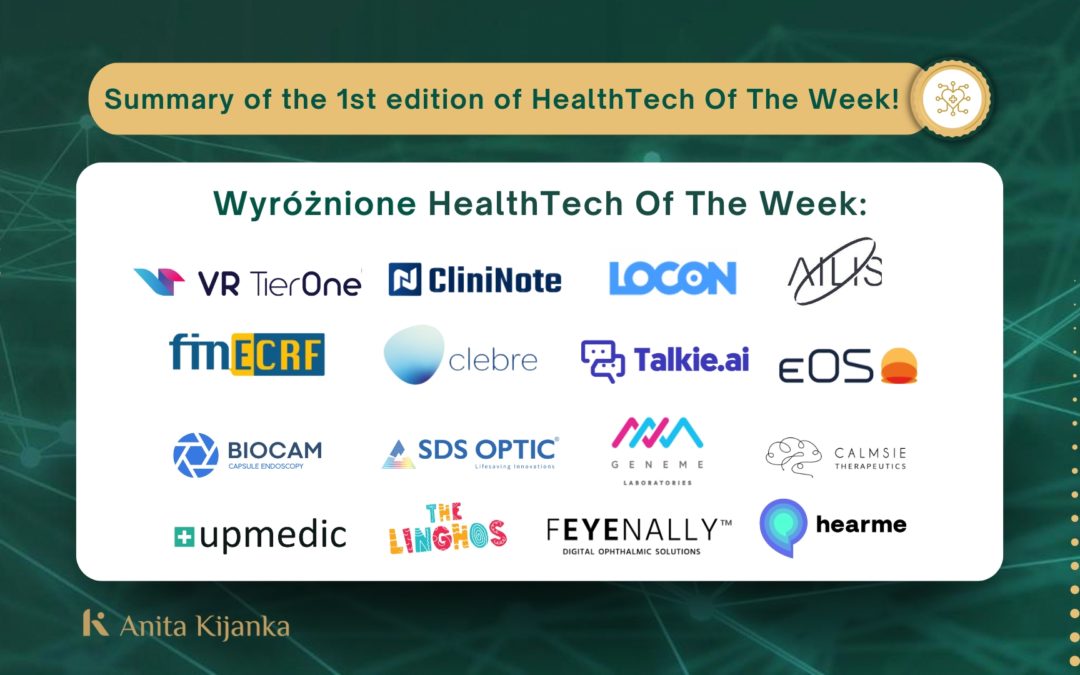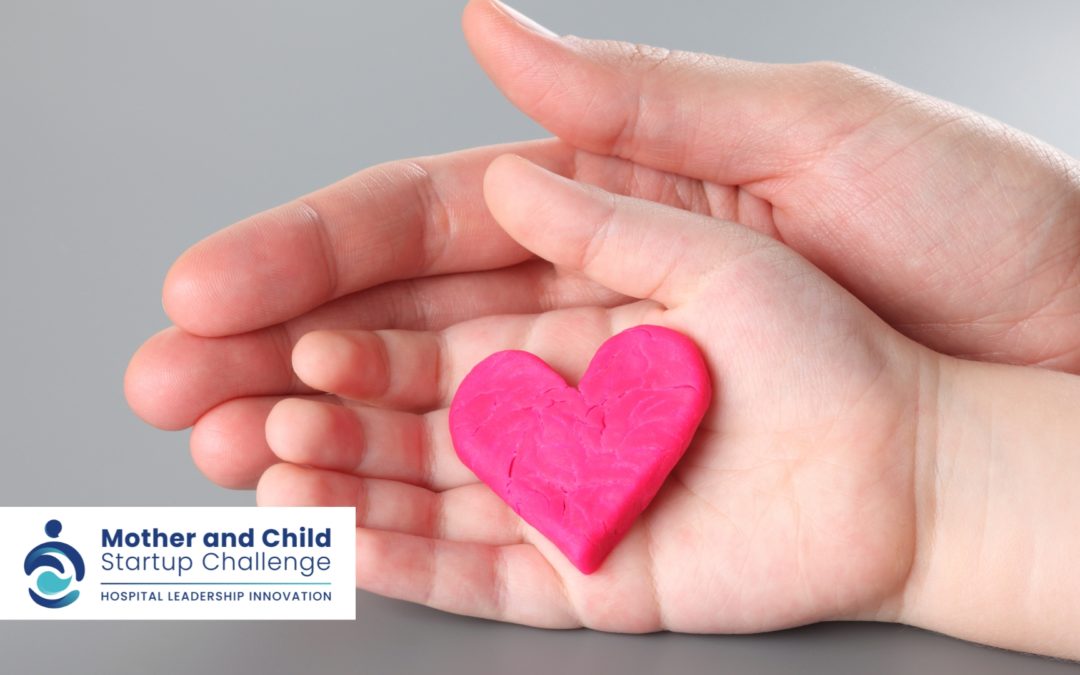So far in our Health Tech of the Week series, I have focused on showcasing innovative Polish startups operating in the medical industry. In the...

The Era of Leonardo da Vinci is Over: How to Succeed in the Med and HealthTech Industry
Last year, I created the HealthTech of the Week series as a way to highlight exceptional Polish projects that combine new technologies with medicine or mental health. Starting in September 2024, together with our team at Come Creations Group, I am taking it further. We aim not only to showcase the most interesting ideas and developing businesses to the world but also to actively support startups in their growth.
We are kicking off the second edition of the HealthTech of the Week series.
The title of this article wasn’t chosen randomly, just to grab readers’ attention. It is actually a quote from one of the experts we interviewed for this year’s edition of our series. This quote is significant because it encapsulates what every representative of a company operating broadly in the health sector was saying, more or less explicitly.
You will be able to read on our blog in the coming weeks about how investors and Aleksander Kłosek from the Venture Capital fund YouNick Mint understand the idea that „the era of Leonardo da Vinci is over.” I already want to address how I understand this issue from the perspective of communication and building a recognizable brand for medtech companies.

Everything for Now
For many years in Poland, we have believed in the American myth of going from rags to riches, and we enjoy reading about how major companies like Google or Microsoft started in a garage, or how ideas like Facebook were implemented by bored twenty-somethings in a dorm room. TikTok somewhat revives these old stories, where you can achieve millions of views with a single video recorded by a teenager during a school break. On Instagram and other platforms, we are still bombarded with content promising quick profits, learning a new language in two months, or completing a short course that will not only change our career but even catapult us to the earnings level of experienced managers. The introduction of GenAI into everyday use in 2023 has only fueled this trend, showing that technologies are within arm’s reach. After all, you just need to wait a few seconds to get a translation generated by ChatGPT, thirty ideas for Facebook posts, or several lines of code to implement on a website. Everything is instant. And businesses and startups are expected to be the same. Preferably made in one evening by two people with a mission, and then—everything will somehow work out.
A Few Years for Development
And then the medical industry and health-related projects come into play. It turns out that a good idea is just the beginning of an entire process that takes months, or even years, of scientific research, clinical trials, research, and testing. Suddenly, this highly structured, regulation-bound field clashes with technology, where everything is supposed to be optimized and even faster. In startups from this industry, you can’t just hide at home and write a very good app; even the typical startup duo won’t suffice—one person knowing the product and technology, and another with business acumen who knows where to knock to sell the idea. No. Here, you can’t juggle many functions at once like a Renaissance person, combining skills: a bit of legislation, a bit of marketing, and finance. In the Health Tech industry, you need to quickly realize that only a company composed of a competent team and surrounded by competent specialists has a chance.

A Team Game
When you can’t fully rely on yourself, you have to rely on people. And this brings us back to the topic of communication. Although working in this area may be associated with preparing content for the media and working on social media, in the Health Tech industry, it is essential to utilize what used to be the domain of business communication specialists—building relationships, understanding nuances, and finding connections between different entities so they can work together.
Especially in this market, where trust and time to implementation play a crucial role. This is also our mission for this year’s edition of the series, which will differ from the previous one. We aim not only to showcase interesting success stories but also to inspire others, show mistakes and how to avoid them, present a unique perspective from the other side: the fund or investor, and create a community where others’ experiences make it easier for new companies to operate. We help communicate what is most important, regardless of whether the recipient is an investor, a B2C customer, another company, or perhaps an internal team that needs motivation and workshops for better understanding of the mission and vision. After many months of conversations and cooperation with organizations in the healthcare industry, we understand that creating innovative solutions is a uniquely long Formula One race. The driver in the racing car, whom everyone sees, needs a team of mechanics and experts who work faster and more efficiently than others to win. For HealthTech startups, we are that team.
—
I invite you to continue following the HealthTech of the Week series, where we will uncover more fascinating stories from the realm of medical technologies that are changing the face of healthcare. If you are leading an innovative project in new technologies and medicine or want to recommend an interesting solution, please contact us at: [email protected].
Health Tech of the Week: When Team Competence Matters More Than the Idea: What MedTechs Do Investors Choose?
Health Tech of the Week: Biomedical Lab s.r.l. – How to support the care system for Parkinson’s patients?
In the second edition of the Health Tech of the Week series, I focus not only on showcasing Polish startups but also on inspiring international...
The Era of Leonardo da Vinci is Over: How to Succeed in the Med and HealthTech Industry
Last year, I created the HealthTech of the Week series as a way to highlight exceptional Polish projects that combine new technologies with medicine...















